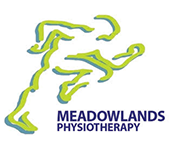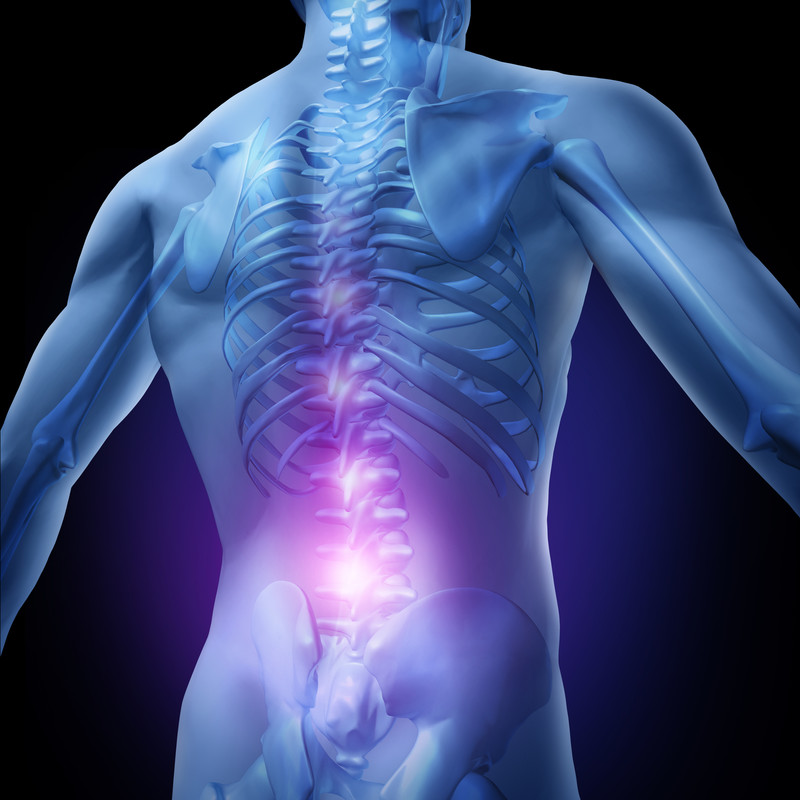Bone Healthy Diets
Those with osteoporosis may be able to counter their bone density loss by meeting their nutritional needs. Your bones need certain vitamins to maintain their strength. In fact, your body may take calcium from your bones if it needs the calcium for other purposes, accelerating your bone density loss. Thus, it is very important to meet your calcium requirements, and your other nutritional requirements. Here is how to achieve a bone healthy diet.
Calcium
Our bones need calcium to heal and to maintain their density. At least half of all adult women in Canada are deficient in calcium, and at least a quarter of all men. You can introduce more calcium to your diet by adding dairy products, such as milk, cheese and yogurt. When possible, choose those products that are lowest in fat and fortified with vitamin D, as it helps your body absorb more calcium.
Lactose Intolerance and Vegans
How can those who can’t eat dairy meet their calcium needs? Those who are lactose intolerant can add sardines, shrimp and canned salmon with bones, to increase their calcium intake. Vegans may eat tofu enriched with calcium and vitamin D or soy beverages fortified with calcium.
There are several other good sources of calcium, including:
- Collard greens
- Broccoli
- Kale
- Spinach
- Soy beans
- Bok choy
- Figs
- Oranges
Vitamin D
Vitamin D is important in its own right, but for those with osteoporosis, vitamin D is most helpful because it allows your body to absorb and make use of the calcium you eat. While your body can make vitamin D from sun exposure, it’s tough for Canadians to get enough time in the sun to meet their needs.
Further, some diseases limit your ability to absorb vitamin D. And, if you’re a senior, you may be surprised to learn that you need more vitamin D than you did when you were young. So, how do you get it?
Unfortunately, few foods have vitamin D naturally. Thus, foods fortified with it, like milk, orange juice, soy drinks, and even cereals are important. However, you can get a great deal of vitamin D from salmon (wild has more than farmed), sardines and tuna. Shitake mushrooms and egg yolks also have some vitamin D, but not nearly as much as the other foods listed here.
Other Nutrients
Our bones also need a handful of other nutrients to stay healthy, including magnesium, potassium and vitamin K. As most processed foods have potassium, you are likely getting enough of that already. But magnesium and vitamin K are more challenging.
Find magnesium in:
- Collards
- Kale
- Bok choy
- Okra
- Poppy seeds
- Sesame seeds
- Avocado
- Legumes
- Whole grains
Find vitamin K in:
- Collards
- Turnip greens
- Spinach
- Kale
- Broccoli
- Carrots
- Okra
- Grapes
- Blueberries
Take OsteoCircuit at Meadowlands
There is a lot more to learn about bone healthy diets, including the role of protein and what foods you should avoid. Meadowlands offers an education and exercise program called OsteoCircuit that will teach you all about bone health and will reduce your likelihood of suffering a fracture if you have osteoporosis. Contact us to learn more.

